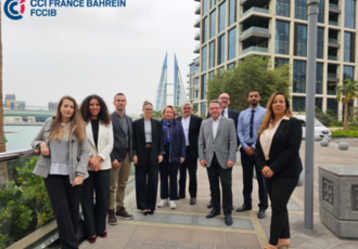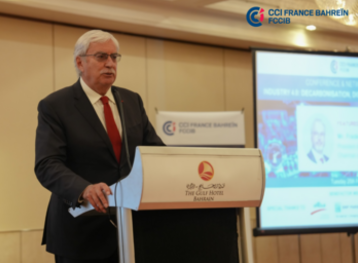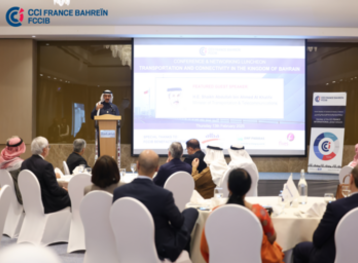Gold rush as Saudi shoppers queue to beat VAT deadline
RIYADH/LONDON: Saudi gold traders are reporting a spike in business as investors snap up the precious metal ahead of the introduction of the new 15 percent VAT rate next week.
At Riyadh’s recently reopened gold souq in Diriyah, jeweler Yaseen Ali said that visitor numbers were almost back to pre-pandemic levels.
“I wasn’t expecting this level of sales this week,” he said.
“I believe both lifting the curfew as well as the the increase of VAT to 15 percent (starting from July 1) played a role in moving the market” Ali added.
The coronavirus pandemic has had a devastating impact on retailers worldwide and the jewelry sector has not been spared. Demand for gold jewelry plummeted 39 percent in the first quarter compared with a year earlier, according to the World Gold Council.
While demand for investment gold is strong as people turn to safe investments amid market volatility, the jewelry end of the business is more exposed to weaker consumer confidence as well as the absence of weddings and other celebrations associated with gold purchases.
Riyadh jeweler Ibrahim Awadh believes sales are still below pre-lockdown levels despite a marked improvement this week.
“Yes, we have witnessed excellent number of customers who visited the gold market this week, but the sales level is still below what we saw in the beginning of the year,” he said.
“With the lifting of the curfew, we expect to see more wedding celebrations in coming weeks, which will boost sales of gold and jewelry, although the big wedding gatherings that exceed 50 people are still banned,” he added.
Saudi Arabia is tripling its value added tax (VAT) from July 1 in an effort to increase government revenues in response to the coronavirus pandemic and weaker oil prices. The looming deadline has boosted purchases for some big ticket retail items, including jewelry, which will cost people more from Wednesday.
Gold investors worldwide have stepped up purchases in recent weeks as fears of a second wave of the coronavirus in some large economies encourages purchases of both physical gold and exchange-traded funds that are focused on the precious metal.
Gold bullion has risen more than 1 percent this week, with prices at a near eight-year high of more than $1,779 on Wednesday. It has returned 22 percent in dollar terms in the year to the end of March.
“Gold has always been topical for investors in the Middle East,” said Alessio Cirillo, sales director at Invesco EMEA.
“Most investors buy gold as a hedge against inflation and high economic uncertainty, with some investors looking for asset appreciation. Globally, gold exchange- traded funds are recording record inflows as investors sought out liquid investment products to gain exposure to gold.”


